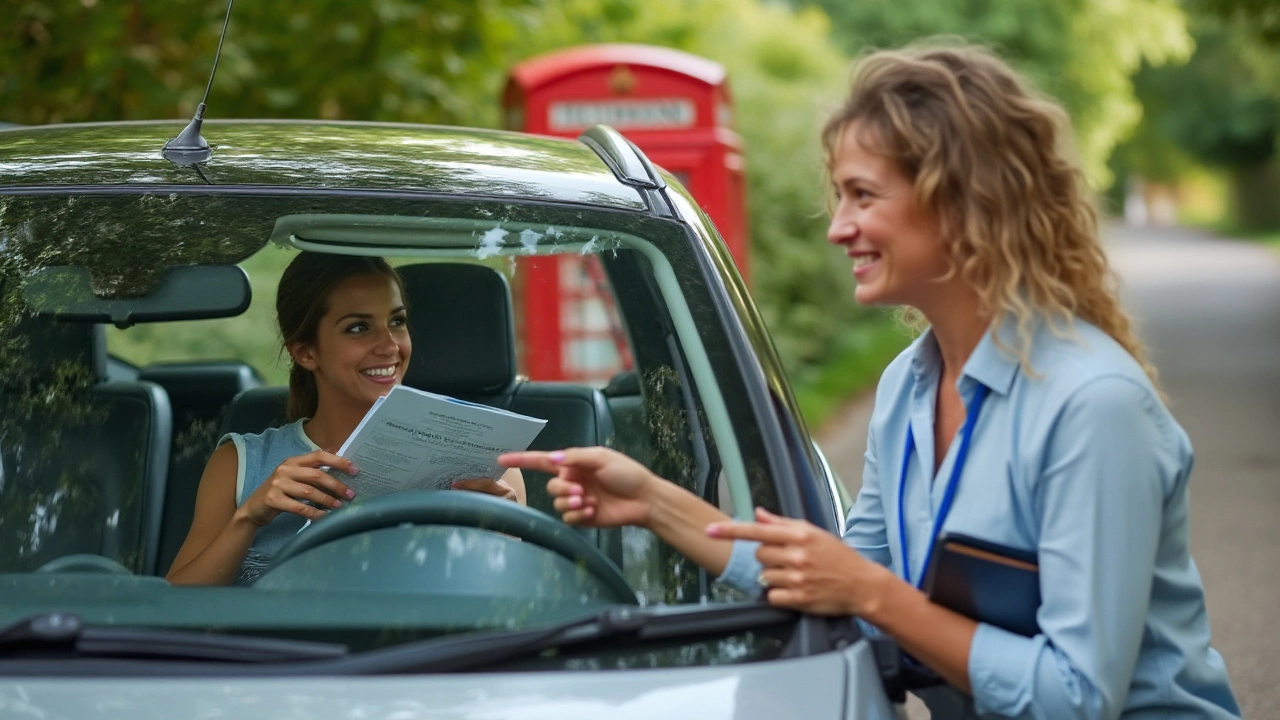Beginner Drivers Guide: Real Tips to Start Driving Confidently
If you’re just getting behind the wheel, the mix of excitement and nerves is normal. The goal is to turn that nervous energy into steady confidence. Below you’ll find the most useful steps you can take today – no fluff, just things that work.
Master the Basics Before You Hit the Road
Start with the fundamentals: steering, braking, and clutch control (if you’re on a manual). Spend a few minutes each day practising these motions in a quiet parking lot. Focus on smooth, gentle inputs. The more repetitions you do, the more your muscle memory takes over and the less you have to think about every move.
Next, get familiar with the vehicle’s controls. Adjust the seat, mirrors, and steering wheel before you start. When everything is set, you’ll spend less time fumbling and more time looking ahead. A quick reach‑test of every switch (lights, wipers, horn) while the car is off can save valuable seconds later.
Beat Test Anxiety With Simple Routines
Many beginners fear the driving test. The trick is to replace panic with a clear routine. The night before, lay out your clothes, pack a water bottle, and review the key maneuvers you’ll be asked to do – parallel park, hill start, and emergency stop. On test day, arrive early, take a few deep breaths, and walk around the car. This short walk helps reset your nerves and gives you a moment to visualize the test route.
During the test, treat each instruction as a separate task. If you miss a step, don’t dwell on it – simply correct it and move on. Examiners are looking for overall safety, not perfection on every point.
Eating the right foods can also calm nerves. A light snack with protein – like a banana with peanut butter – keeps blood sugar steady and avoids the crash that comes from sugary treats. Stay hydrated but skip large meals that can make you sluggish.
When anxiety spikes, use the "5‑4‑3‑2‑1" grounding technique: name five things you see, four things you hear, three things you feel, two things you can smell, and one thing you taste. It pulls your mind back to the present and reduces racing thoughts.
Finally, remember that a single test isn’t the end of the road. If you don’t pass the first time, review the examiner’s feedback, practise the weak spots, and book another slot. Most drivers need two or three attempts – it’s part of the learning curve.
Putting these steps into practice will give you a solid start, lower test nerves, and build the confidence you need to become a safe driver. Keep practising, stay curious, and enjoy the journey behind the wheel.
- January 9 2025
- 0 Comments
- Rowan Cavendish
Mastering Your First Driving Lesson: Essential Steps to Get Started
Learning to drive is a major milestone that requires a thoughtful beginning. This article guides new drivers through their first steps towards becoming proficient behind the wheel. From understanding the importance of a driver's manual to the benefits of choosing a qualified instructor, readers will find insightful tips to ease their journey. Safety, preparation, and building confidence are highlighted as crucial components of successful driving lessons.
- Driving Lessons (43)
- Driving Test Tips (34)
- HGV Training (32)
- Driving Test Booking (28)
- Driving Licence Renewal (26)
- Driving Theory Test (22)
- Intensive Driving Course (19)
- Pass Plus Course (15)
- Driving Tips (15)
- Driver Licensing (14)
Categories
- February 2026 (6)
- January 2026 (13)
- December 2025 (15)
- November 2025 (13)
- October 2025 (21)
- September 2025 (5)
- August 2025 (8)
- July 2025 (30)
- June 2025 (30)
- May 2025 (30)
- April 2025 (31)
- March 2025 (30)
Archives
- driving lessons
- driving test
- driving tips
- driving test tips
- intensive driving course
- HGV training
- driving theory test
- learn to drive
- driver training
- pass driving test
- driving test booking
- HGV driving
- road safety
- Virginia driving test
- driving license renewal
- Virginia driver's license
- learner drivers
- safe driving
- driving license
- learning to drive

